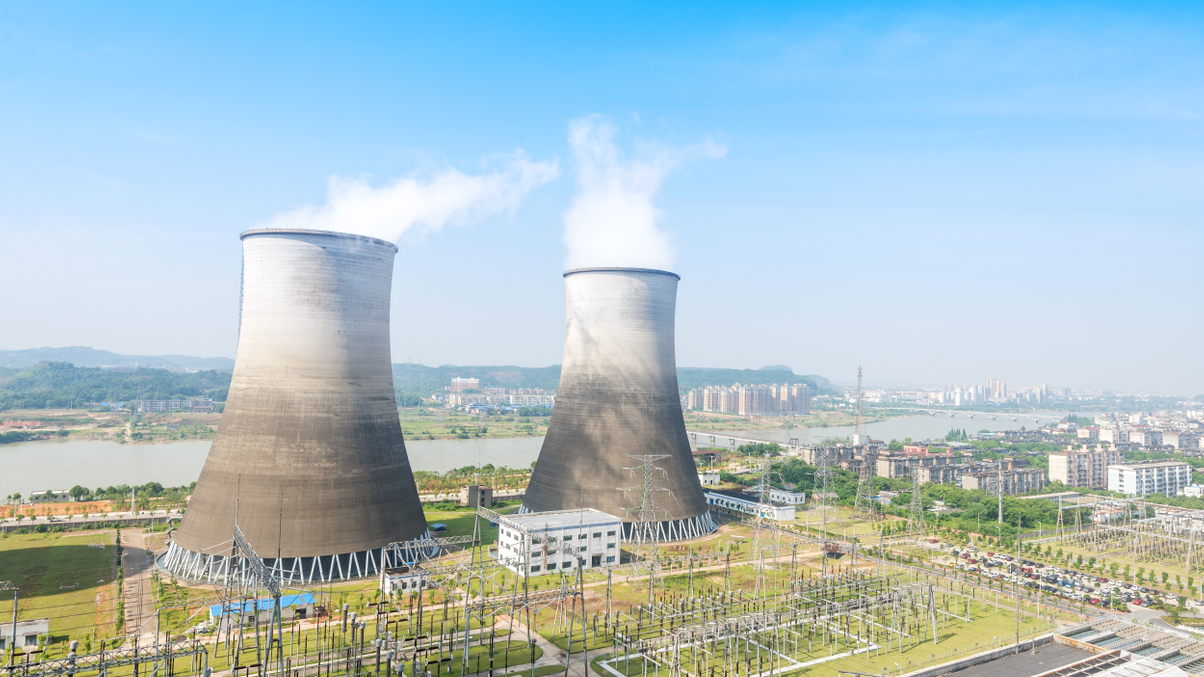Chinese insurers lag global peers on fossil fuel policies
European insurers lead the industry in having insurance and investment policies put in place to limit exposure to fossil fuels, while US and Asian firms received bottom scores.

Chinese insurers continue to provide insurance for fossil fuel projects and lack investment exclusion policies in the sector, compared with its Asian and European peers, a scorecard published by the Insure Our Future campaign has revealed.
Sign in to read on!
Registered users get 2 free articles in 30 days.
Subscribers have full unlimited access to AsianInvestor
Not signed up? New users get 2 free articles per month, plus a 7-day unlimited free trial.
¬ Haymarket Media Limited. All rights reserved.


